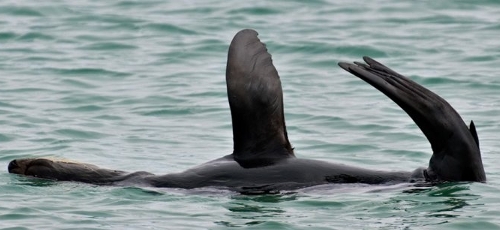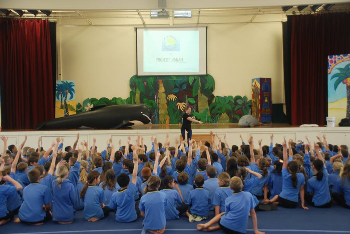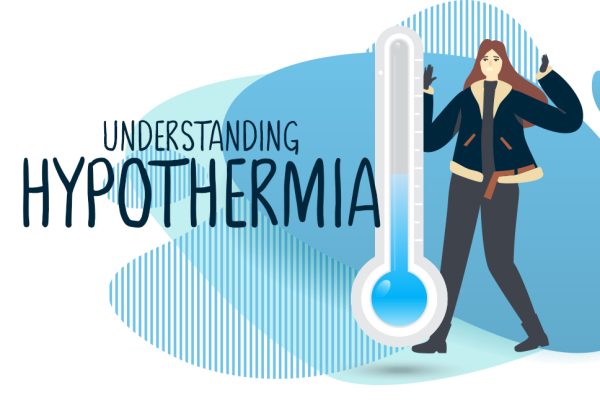
Seals regularly come ashore or ‘haul out’ at points around New Zealand.
The Department of Conservation receive a huge number of calls each year from concerned members of the public, reporting that these animals are either ill, injured or in serious trouble.
By understanding the unusual quirks and habits of seals, we’re much better placed to help these animals when they really are in need.
Here’s some information you should know…
- Vomiting, sneezing or coughing? This is normal behaviour. The seal’s probably getting rid of undigested food like squid beaks and fragments of fish bone.
- Crying? Seals don’t have tear ducts. Those weepy eyes aren’t damp with tears, what you see is just normal moisture secretion.
- Alone? Young seals will often spend days at a time alone, while their mothers forage at sea for food. Young seals will wait for their mothers to return so that they can then suckle and feed. It’s best not to move these animals as this will create confusion and stress for the mother and pup.
- Dead at sea? A sea-sleeping seal floats on its side.
- Flappings its flippers in the air as if stranded? Seals don’t beach like whales or dolphins. The seal is trying to cool off.
- Lifeless on land? Lying down and resting is a favourite past time of seals on land.
- Fighting? Territorial wrangles are common during the breeding season, when males challenge each other for superiority.
When to call DOC for help
If you have serious concerns about the welfare of a seal – if it’s severely injured, entangled in marine debris, or being harassed by people or dogs, then help is available. Call the Department of Conservation immediately on their emergency hotline.


